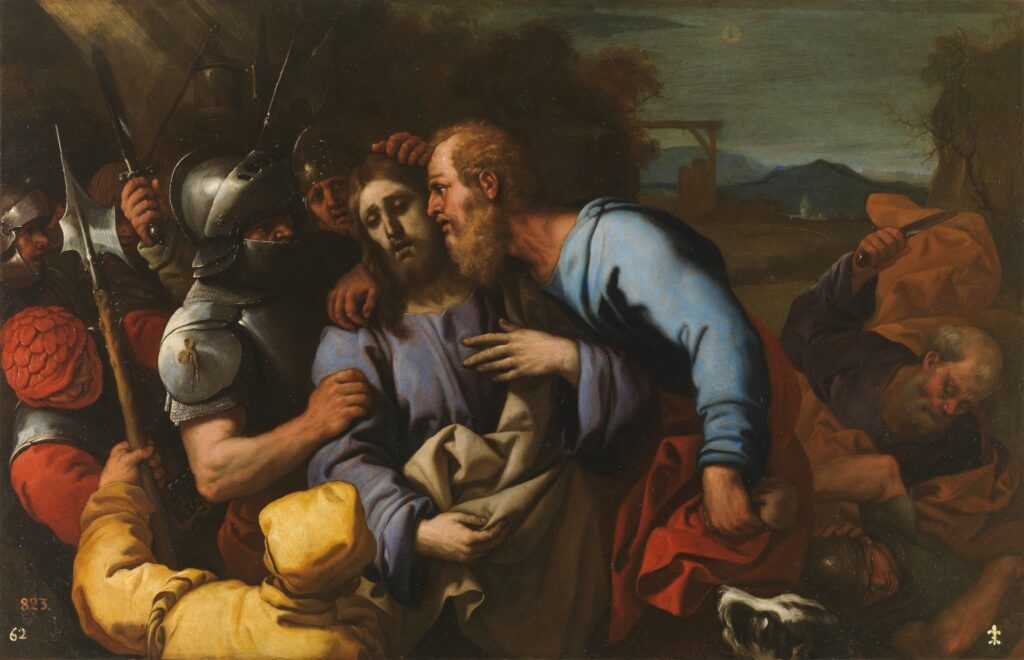The manager’s knowledge and attitude towards material goods
Personal merits are very few. Much of what one achieves depends more on the opportunities and qualities that life freely offered us than on effort, and therefore, on personal merit

Since people are known by their actions, one way to recognize oneself or know others is to observe their attitude towards material goods. In young children, what we frequently observe is that they do not want to share their chocolate or cookies; they demand that they be served more than one dessert. And many times, this attitude is also projected by adults.
If it is a distribution of profits, no one wants to receive less by favoring others; very few are willing to pay a company expense with their resources, even if it is very small; or the tip given in a restaurant is small. In these small gestures, we act as if the event significantly impoverishes us. Of course, some claim that a person only manages to amass a fortune when he is careful with small expenses.
My intention is not at any time to encourage the waste of resources, but to try for each of us to clarify if we are the owners of material goods, or if rather, it is the material goods that own us. Only those who are capable of having material goods can be said to be lord and owner of it. The same thing happens with time: only those who can give their time to a cause are owners of their time or their life, which is the same thing.
There is a story I read a long time ago that can help us have a proper idea of this management of material goods. The story goes that there was a beggar who begged for alms next to a wide road where carriages with important people circulated. The beggar was on the side of the road, and suddenly, he saw that a carriage was turning towards where he was. His mood began to grow restless as he stared at the movement of the carriage. This one, each time, got closer to him; and the height of his excitement came when the carriage stopped exactly ahead. His enthusiasm grew and grew, while he watched as a livery man who was sitting next to the driver got out, unfolded the small ladder and opened the door. With a jump he ran towards the carriage, while an elegantly dressed man got out of it. The beggar’s joy was exuberant: it was perceived in his movements, in his smile and in the agility with which he approached the strange character.
But when he got in front of him, the character extended his hand to him with his palm facing up, as if asking him for something. The beggar’s bewilderment was as palpable as his inner indignation: how was it possible that someone with that position and wealth would ask him for something? And precisely from him, a beggar who had nothing!
The character remained with his hand extended with the palm facing up… until he put his hand in his poor bag and took out a grain of wheat. When he placed it in the palm of the character, he closed his hand, and without saying anything he turned around, returned to his carriage, went up the few steps, the liveryman closed the door and returned to his position next to the driver. And the carriage resumed its journey, leaving the beggar further and further behind. As the carriage drove away, the beggar remained paralyzed, bewildered and resentful: how was it possible that the rich took away from the beggars the few goods they had!…
At the end of the day, the beggar went to his poor home. He lit a candle to illuminate the room and, taking out the bag in which he put what he had earned throughout the day, he dumped the contents on the table. And then, surprised, he discovered that among the odds and ends that had come out of the bag, there was a grain of wheat, but of gold, that shone dazzlingly. Then, he understood what had happened to him, and starting to cry, he repressed himself for not having given him everything he had in the bag…
All material goods are means to greater goods. And among these goods are the joy of children, the tranquility of someone who is heartbroken, the growth of collaborators, the generation of opportunities for those who have not had them before… Therefore, we can say that material goods are there to be disposed of; and not that they have us. There is no point in bolting yourself to a late model car; to some tourist trips; to an unproductive life consuming the resources that hard-working parents or grandparents have obtained…
Instead, it is advisable to go to support the difficult moments of our collaborators; prepare them professionally and humanely (also in this lordship over material goods); have a detail with those who endure the heat of the day in an unfriendly sentry box; be generous with those who serve us in a restaurant or with the person who cleans our car or with the person who cuts our hair.
Our life has been marked by a lot of gratuities and from many people. This is an idea that Michael Sandel picks up in his book The Tyranny of Merit. For him, personal merits are very few. Much of what one achieves depends more on the opportunities and qualities that life freely offered us than on effort, and, therefore, on personal merit…
Related
 (EN)
(EN)
 (ES)
(ES)
 (IT)
(IT)





